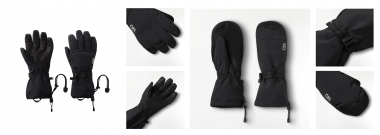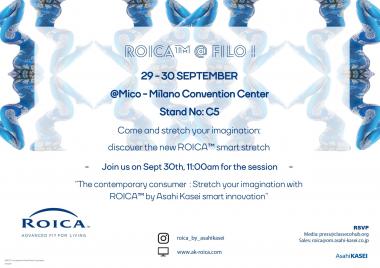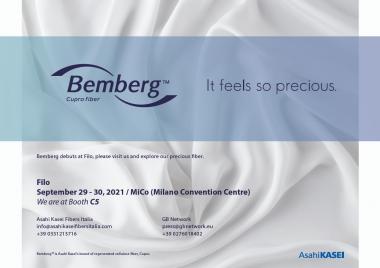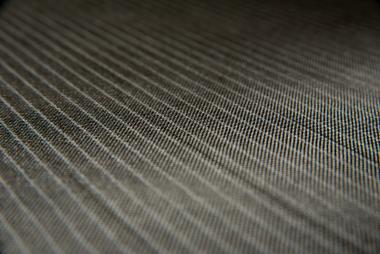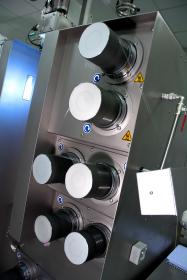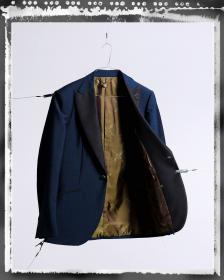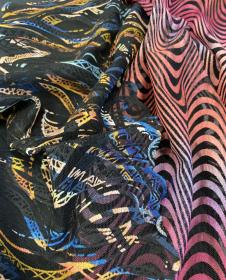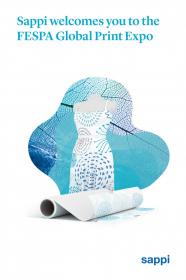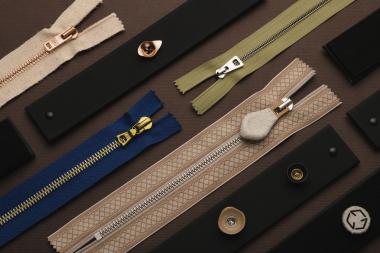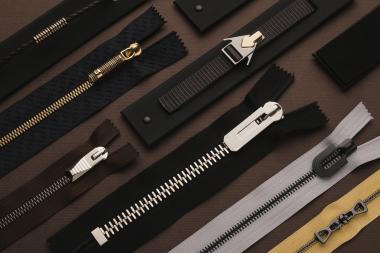Outdoor Research bringt Handschuhe mit HeiQ XReflex-Technologie auf den Markt
Outdoor Research, die in Seattle ansässige Firma für Funktionskleidung und Outdoor-Ausrüstung, bringt in diesem Herbst mit seinen RadiantX-Handschuhen und -Fäustlingen eine neue Linie auf den Markt und ist damit die erste Marke, die auf die HeiQ XReflex Radiant-Barrier-Technologie für Handschuhe setzt.
Bei HeiQ Reflex, das von HeiQs Joint-Venture-Partner Xefco entwickelt wurde, handelt es sich um eine patentierte Wärmebarriere-Technologie, mit der Produkte dünner, leichter und wärmer werden. HeiQ XReflex nutzt eine hauchdünne reflektierende Oberflächenbeschichtung, die energetische Infrarot-Körperwärmewellen auf den Körper zurückstrahlt. Diese sogenannte Radiant-Barrier-Beschichtung wird auf einer Seite des Gewebes mittels eines Hightech-Aufdampfverfahrens aufgebracht, das keinen negativen Einfluss auf die Luftdurchlässigkeit, die Geräuschentwicklung, die haptischen Eigenschaften, die dauerhaft wasserabweisende Wirkung (durable water repellence, DWR) oder die daunendichten Eigenschaften des Gewebes hat. Die Radiant-Barrier-Textilien werden mit optimierten Isolationsmaterialien kombiniert, sodass isolierende Kleidungsstücke mit bis zu 50 % weniger Volumen und Gewicht bei gleichbleibender Wärmeleistung (gemessen in CLO) entstehen. HeiQ XReflex ist erhältlich auf Geweben und Vliesstoffen und hat eine Haltbarkeit von über 20 Waschvorgängen.
HeiQ Materials AG


